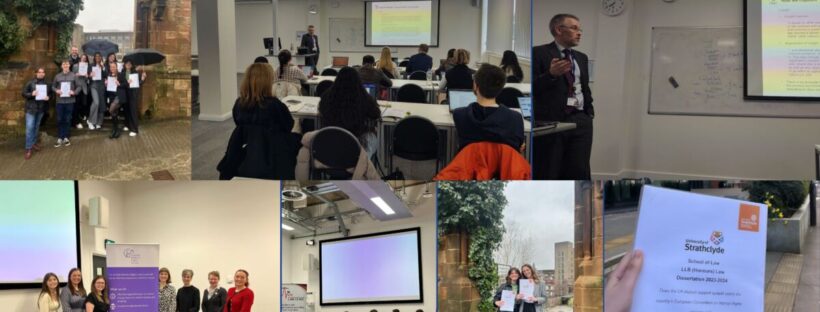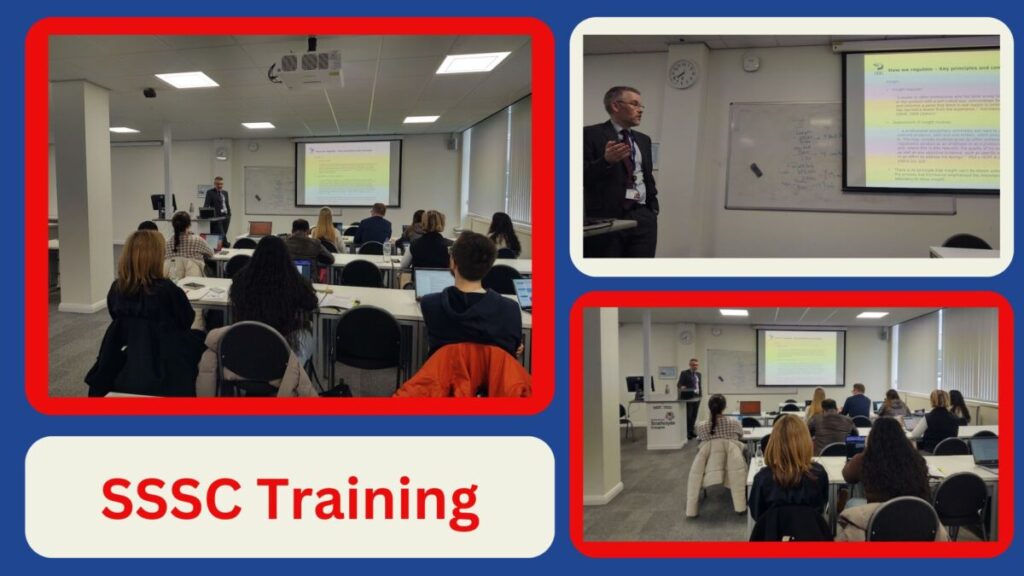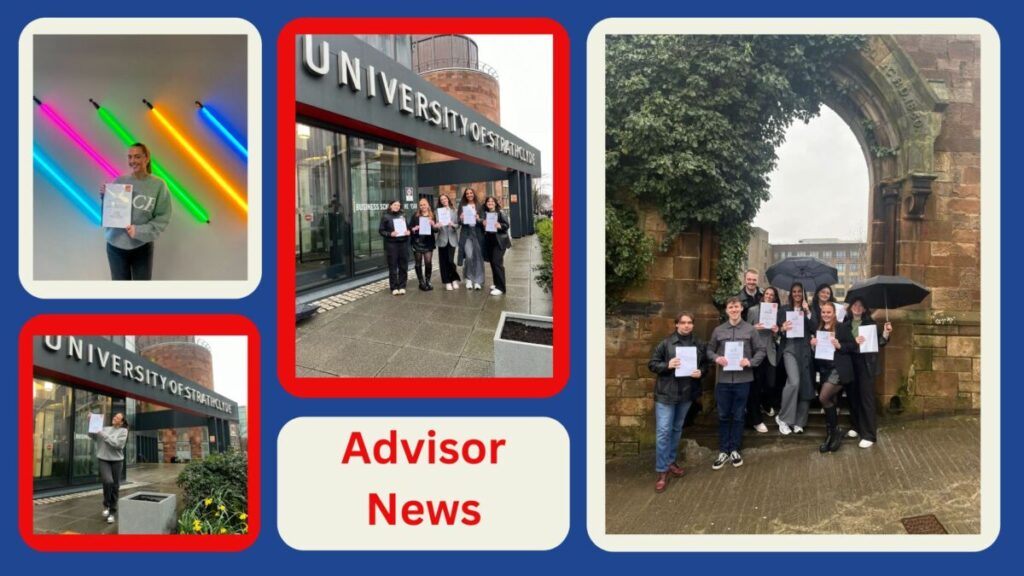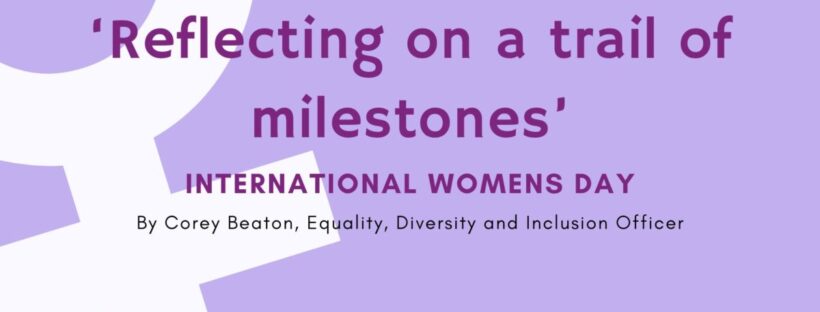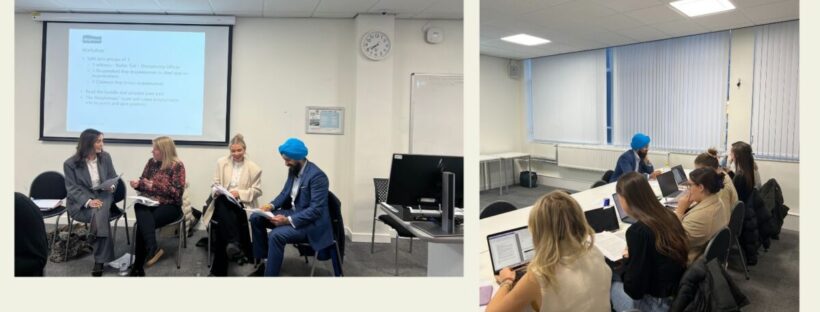Pro Bono Week, as defined by the Law Society, “promotes and supports the work of lawyers who volunteer their services for free to people and organisations who couldn’t otherwise afford legal advice”. The existence of pro bono work is undoubtedly essential to the community of Glasgow and its surrounding areas. Its impact can be observed from high level commercial firms all the way down to individuals and small charity organisations.
Pro-Bono in Large Organisations
Typically, leading law firms tend to encourage pro bono work, with most aiming for each lawyer to provide 50 hours of pro bono service per year. Many of the larger commercial firms carry out pro bono work in several different ways to ensure positive corporate social responsibility. In fact, often firms find that lawyers and other employees are more drawn to firms that engage in pro bono work than those which lack engagement. This may be because encouraging pro bono demonstrates that a workplace has more interest in ethical practice and community engagement.
Pro bono initiatives from top commercial firms can be found close to home, with several leading firms holding offices in Glasgow. Burness Paull, a leading Scottish firm, has recently assisted its pro bono partners in ‘The Lifescape Project’ which provides a resource centre for land owners who require guidance on rewilding principles. Last year, Pinsent Mason employees from both Glasgow and Edinburgh supported ‘The Social Innovation Partnership’ where they advised on employment contracts for the small charity, as well as engaging in the ‘Kids in Need of Defence (KIND UK)’ programme, providing free legal support to undocumented children. Additionally, the Scottish CMS team continue to support the Marie Curie charity by providing them with pro bono legal advice and have a similar collaboration with Inspiring Scotland, which aims to tackle some of the key social problems Scotland faces, such as poverty.
One of the leading success stories of pro bono is The Chancery Lane Project where lawyers from various firms come together to create a “Climate Contract Playbook”, to ensure companies reach climate goals. The legal professionals involved described it as working pro bono when the client was “the world”. The project continues with lawyers from several firms, including those with presence in Glasgow and the central belt, such as Addleshaw Goddard, Anderson Strathern, Burness Paull and Dentons, amongst others. Solicitors volunteered their time by rewriting contracts and laws to encourage businesses and communities to fight the climate crisis.
Another way in which firms show their support of pro bono is through participation in the Scottish Legal Walks, set up by the Access to Justice Foundation, and which now take place in five Scottish cities. The Foundation fundraises for several Scottish advice charities, helping to fund pro bono work through sponsored walks, as well as other events throughout the year. Representatives from Strathclyde Law Clinic have participated and fundraised for the Scottish Legal Walk in years past, and they have provided a fantastic opportunity to connect with other pro bono-minded organisations. When asked about the Legal Walks, The Law Society of Scotland’s President Susan Murray said:
“While pro bono legal services can never replace a properly funded legal aid system, many Scottish solicitors offer advice and representation at no cost to people who would otherwise not be able to access the legal support they need”.
The Faculty of Advocates also provides a Free Legal Services Unit (FLSU) for those in need of assistance in court cases or hearings, based in Scotland, but are not otherwise in receipt of legal aid. Most of this service is provided virtually, allowing access from all over Scotland.
Pro-Bono in Our Communities
On a more relatable level for many of our advisors, pro bono work is just as tangible in smaller communities. Living and working in and around Glasgow, it should come as no surprise that access to justice is a relevant struggle, particularly with annual cuts to the legal aid budget. It is for this reasons that pro bono work is so essential, resulting in many more individuals relying on organisations such as Citizens Advice, Victim Support, Just Right and of course, University Law Clinics
“Independent research shows the work of the Scottish Citizens Advice Service contributes more than £166 million to the common good in Scotland.”
Outwith the Law Clinic, I volunteer at my local Citizens Advice Bureau in a small town outside of Glasgow. This has made most apparent the lack of education available surrounding individuals’ rights, particularly in lower income areas. In my work as a CAB Advisor, I regularly assist clients in areas such as benefit entitlement, immigration questions, basic debt advice, employment queries and consumer issues. Often, the issues our clients face could require legal help which is simply unaffordable for clients of the area, leading them to the door of CAB. Other times, outlining rights can be enough. For example, outlining relevant consumer rights provided by the Consumer Rights Act can sometimes be enough to empower a client to contest a seemingly large, powerful business with the confidence in their new knowledge of their rights as a consumer.
In 2022, the bureau I volunteer with celebrated its 80th anniversary. In this time, the bureau has “improved clients’ financial position by £57 million, rescheduled £88 million of unaffordable debt and dealt with nearly 1 million enquiries during these times”. A huge achievement for a charity organisation and a true testament to the power of pro bono work even in the small communities, who often need it most.
I think university law clinics are arguably the most obvious example of the power of pro bono, both for clients and students alike. In Glasgow, we have no fewer than three university law clinics providing distinctive but essential services to our community. Glasgow University’s Emma Ritch clinic is a unique pro bono initiative which provides dignified, free legal advice to complainers of sexual assault, an unfortunately common unmet need in the Glasgow area. GCU Law Clinic has experienced huge growth in the past ten years of existence, now including advocacy opportunities and assisting with the Street Law initiative, as well as legal administration work for people in the Greater Glasgow area. At Strathclyde Law Clinic, our various projects such as Initial Advice Clinic and Online Cases allow the clinic to respond to even more client enquiries, in addition to our main casework primarily within employment, housing, consumer and immigration. In our advice and representation cases, we have saved or won over £2 million for our clients since inception. The sheer number of clients assisted by and the sizeable impact of these law clinics is remarkable.
In my experience in the clinic at Strathclyde, I have learned how to treat clients with dignity and respect while developing important skills for a future legal career. The most important factor for me is the people we advise, who may often lack resources to find legal support but are no less worthy of advice or representation. In my opinion, allowing the idea that those with more financial resources gaining an edge in justice is a failing of the system itself. In combatting this, the clinic has taught me the power of pro bono by seeing the difference we can make to clients who otherwise would have been alone in their legal struggle. My experiences at the clinic have embedded pro bono work as a fundamental value that I will take with me throughout my career, with the learned knowledge that we are all capable of playing a small part in the wider pro bono machine that makes the law more accessible for individuals and communities in Glasgow and beyond.










